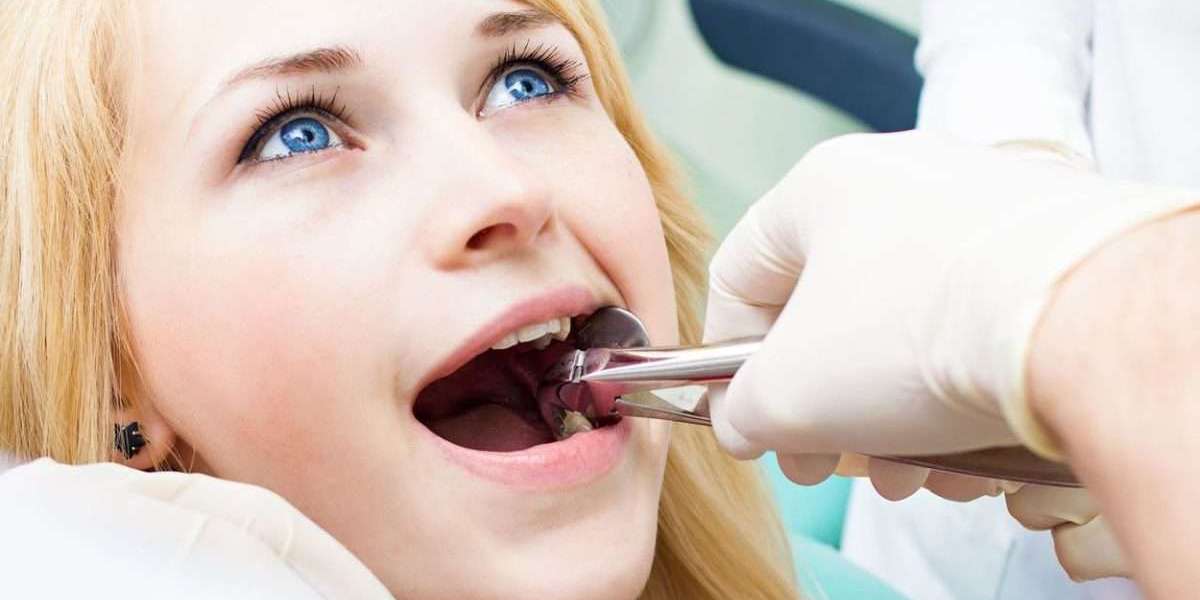Introduction: Dental health is a crucial aspect of overall well-being, and protecting your teeth during various activities is essential. Two common oral appliances used for protection are night guards and sports mouthguards. While they may seem similar at first glance, these dental devices serve distinct purposes and are designed for different situations. This article aims to explore the differences between night guards and sports Mouthguards in Dubai to help individuals make informed decisions about their oral health.
Night Guards: Night guards, also known as occlusal guards or splints, are dental appliances designed to protect teeth from the effects of bruxism, a condition characterized by grinding or clenching of the teeth during sleep. Bruxism can lead to a range of dental issues, including tooth wear, jaw pain, headaches, and damaged dental restorations. Night guards act as a barrier between the upper and lower teeth, preventing direct contact and minimizing the impact of grinding.
Night guards are typically made of soft or hard materials, depending on the severity of the bruxism and the dentist's recommendation. Soft night guards provide cushioning and are more suitable for mild cases, while hard night guards offer durability and are often preferred for severe bruxism. Dentists customarily design and fit night guards for individual patients to ensure proper alignment and maximum effectiveness.
Sports Mouthguards: Sports mouthguards, also known as athletic mouthguards or sports guards, are protective devices worn over the teeth during various physical activities. These activities may include contact sports such as football, hockey, or martial arts, where the risk of dental injuries is higher. Sports mouthguards serve to absorb and distribute impact forces, reducing the risk of broken teeth, jaw injuries, and soft tissue damage.
Unlike night guards, sports mouthguards are typically made of resilient materials such as ethylene vinyl acetate (EVA), which provide shock absorption. They are designed to be durable, comfortable, and fit securely in the mouth without hindering breathing or speech. Sports mouthguards are available in various types, including stock mouthguards (pre-made and ready to wear), boil-and-bite mouthguards (customizable by softening in hot water and then molding to teeth), and custom-fitted mouthguards designed by a dentist for optimal comfort and protection.
Differences Between Night Guards and Sports Mouthguards:
Purpose: Night guards primarily address the effects of bruxism during sleep, protecting teeth from grinding and clenching. In contrast, sports mouthguards are designed to prevent dental injuries during physical activities by absorbing impact forces.
Material: Night guards are made of soft or hard materials to address the specific needs of bruxism. Sports mouthguards are typically made of resilient materials like EVA to absorb impact and withstand physical activities.
Design and Customization: Night guards are custom-designed and fitted by dentists to ensure proper alignment and effectiveness. Sports mouthguards come in various types, with customization options ranging from basic boil-and-bite models to professionally crafted custom-fitted guards.
Conclusion: Understanding the differences between night guards and sports mouthguards is crucial for maintaining optimal oral health in different situations. Whether protecting against the consequences of bruxism during sleep or preventing dental injuries during sports, choosing the right type of mouthguard can make a significant difference in preserving your teeth and overall oral well-being. Individuals should consult with their dentist to determine the most suitable option based on their specific needs and circumstances.



